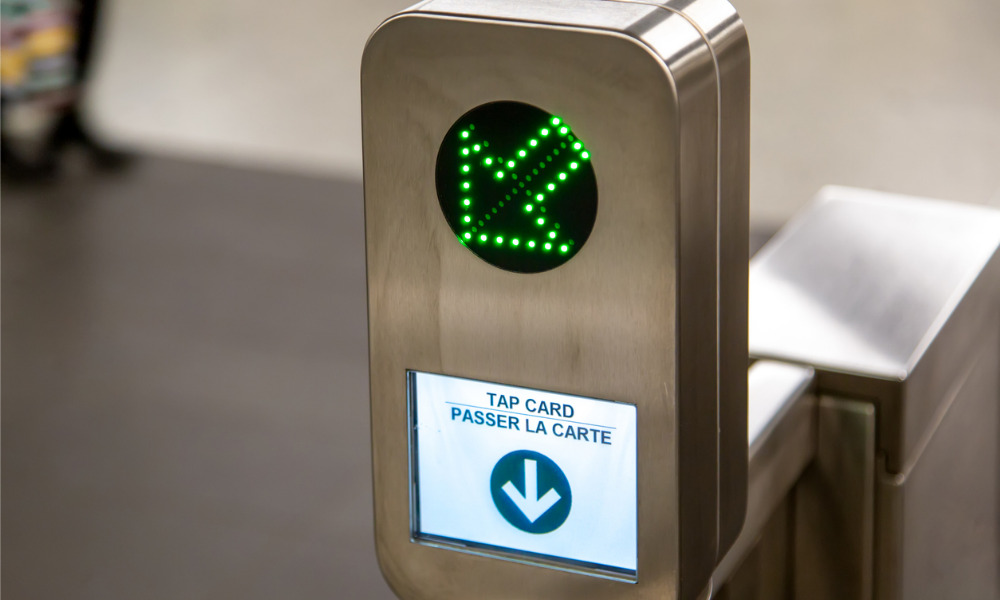
Commissioner asks Toronto Transit Commission, Metrolinx to observe human rights-centred approach

The Ontario Human Rights Commission has called upon the Toronto Transit Commission and Metrolinx, as owner and operator of PRESTO, to ensure that their fare system planning, which informs future implementation and operations, abides by the Human Rights Code.
The TTC and Metrolinx are currently engaged in negotiations and efforts relating to TTC fare systems and PRESTO implementation, including a five-year fare policy and a 10-year fare collection outlook. Metrolinx should take steps to put in place internal mechanisms to identify and address human rights issues, urged Ena Chadha, OHRC’s chief commissioner, in a letter dated Apr. 6 and addressed to Jaye Robinson, chairperson of TTC’s board of directors, and Donald Wright, chairperson of the Metrolinx board of directors.
The OHRC expressed concerns that using the PRESTO electronic fare payment system may potentially bar individuals who have low income or who experience poverty and certain protected groups under the Human Rights Code from accessing Toronto’s public transit system.
Many individuals who can most benefit from such access are the same people facing the biggest barriers arising from the PRESTO fare system, the OHRC said. The ones who are most at risk include people with disabilities, racialized and Indigenous peoples, recent immigrants or newcomers and women, especially older women and single mothers.
The OHRC stressed that those who live in poverty or who earn low incomes rely particularly heavily on the public transit system, which may impact their ability to go to work and school and to access health care. Since the COVID-19 outbreak, those who have low income and who use Toronto’s Fair Pass Program have gone back to transit use at notably higher rates than others, the letter stated.
The OHRC urged the TTC and Metrolinx to address certain issues that the OHRC has identified thanks to its communications with individuals and organizations seeking to advance equitable transit, including reducing the physical locations where TTC fares can be bought. The OHRC also encouraged them to tackle the issues of up-front costs of PRESTO cards, minimum balance loading requirements, access to discounted fares, bulk sales and expiry of PRESTO tickets and PRESTO issues relating to the Fair Pass Program.
Under the Human Rights Code, the TTC and Metrolinx need to offer equitable access to transit services, to ensure that their services are not discriminatory, to eliminate barriers disproportionately obstructing access for groups safeguarded by the Code and to see to it that their ongoing efforts and discussions fulfill their human rights obligations, the OHRC said.